Hotel information:
Hilton Garden Inn - Mankato
Hotel Alexander
Cost: $139/night
Arch + Cable Hotel
Cost: $149/night
Sponsors
Premier

The Nature Conservancy
The Nature Conservancy is a global environmental nonprofit working to create a world where people and nature can thrive. Founded in the U.S. through grassroots action in 1951, The Nature Conservancy (TNC) has grown to become one of the most effective and wide-reaching environmental organizations in the world. Thanks to more than a million members and the dedicated efforts of our diverse staff and over 400 scientists, we impact conservation in 79 countries and territories: 37 by direct conservation impact and 42 through partners.
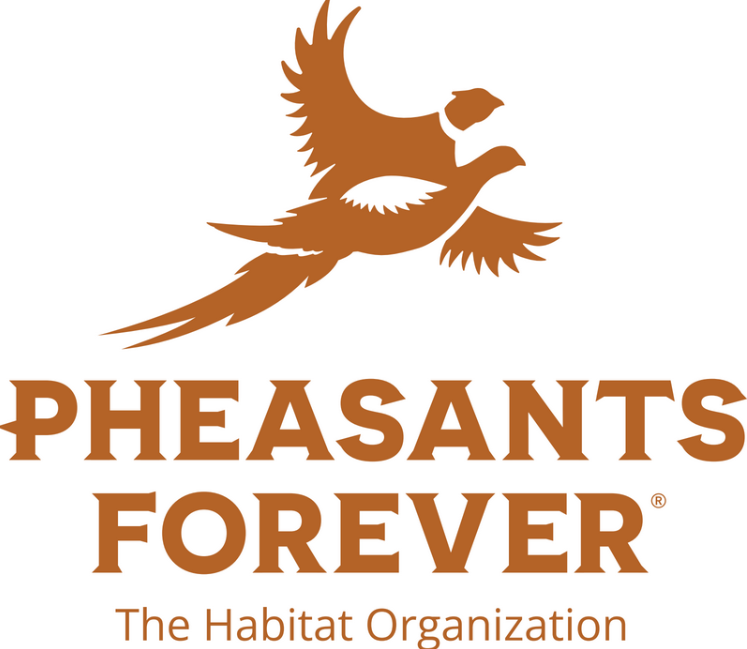
Pheasants Forever
It’s Pheasants Forever’s vision that current and future generations of hunters and conservationists are able to enjoy abundant populations of wild pheasants, quail and other wildlife. Wildlife habitat faces monumental challenges in an ever-changing world. Agricultural expansion, a growing population, water wars, urban sprawl and oil and mineral exploration are all threats to the habitats quail, pheasants and other wildlife call home. If there are to be places for wildlife going forward, we’ll have to work harder, be more creative, and build more partnerships than ever before. Our advantage today is more people than ever care about wildlife, which also makes it a time of opportunity. There’s room for wildlife habitat on every farm and ranch to better protect our natural resources and to leave uplands and wetlands for future generations to enjoy.

Seven Sundays
At Seven Sundays, we’re going afield – we’re going off the beaten path to restore people & planet health for future generations. Our cereals are amped with protein-packed, fiber-rich, plant-based upcycled ingredients that just so happen to be climate friendly. By repurposing these super hero ingredients, we’re reducing food waste—the single most effective solution to prevent global warming. Since our start at the Farmers Market, we’ve built real relationships with our farmers based on mutual transparency, trust, and education. We put our money where our food is by funding farmer incentives, projects, and charitable donations.
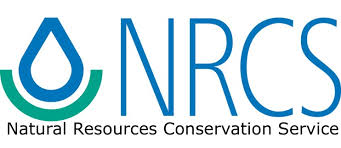
NRCS
As the USDA’s primary private lands conservation agency, NRCS generates, manages, and shares the data, technology, and standards that enable partners and policymakers to make decisions informed by objective, reliable science. And through one-on-one, personalized advice, we work voluntarily with producers and communities to find the best solutions to meet their unique conservation and business goals. By doing so, we help address climate change and ensure the long-term sustainability of American agriculture. We’re also focused on the American farmer, especially those underserved by our programs as well as those trying to break into new markets, like organics.
Soil Champion

Grain Millers
From day one Grain Millers' mission has never changed: To make good things for and with good people. The ways in which we accomplish this goal have expanded across the continent, been invented and reinvented as needed, and embraced the supply chain more fully than ever. With each step, the roots of our original mission continue to grow. We began in 1986 as a small oat milling company in Oregon. With an eye for finding the right fit at the right time, we have grown steadily ever since. Today, Grain Millers is a leading international agri-business with diversified interests in whole grain manufacturing and merchandising, organic and conventional consumer food products, and the import and export of commodities.

Wassenaar Ag Supply
From planting through spraying and into harvest, Wassenaar Ag Supply's systems approach to crop production will focus on soil and plant health, nutrient uptake, and cleaner fields all season long.
“It is our goal to help everyone looking for a more profitable approach to farming. We work with each grower to develop a program that best fits their operation. Then back up that recommendation with in-depth soil testing and results. That is where we say Performance Meets Profitability!” -Dustin Wassenaar, Owner
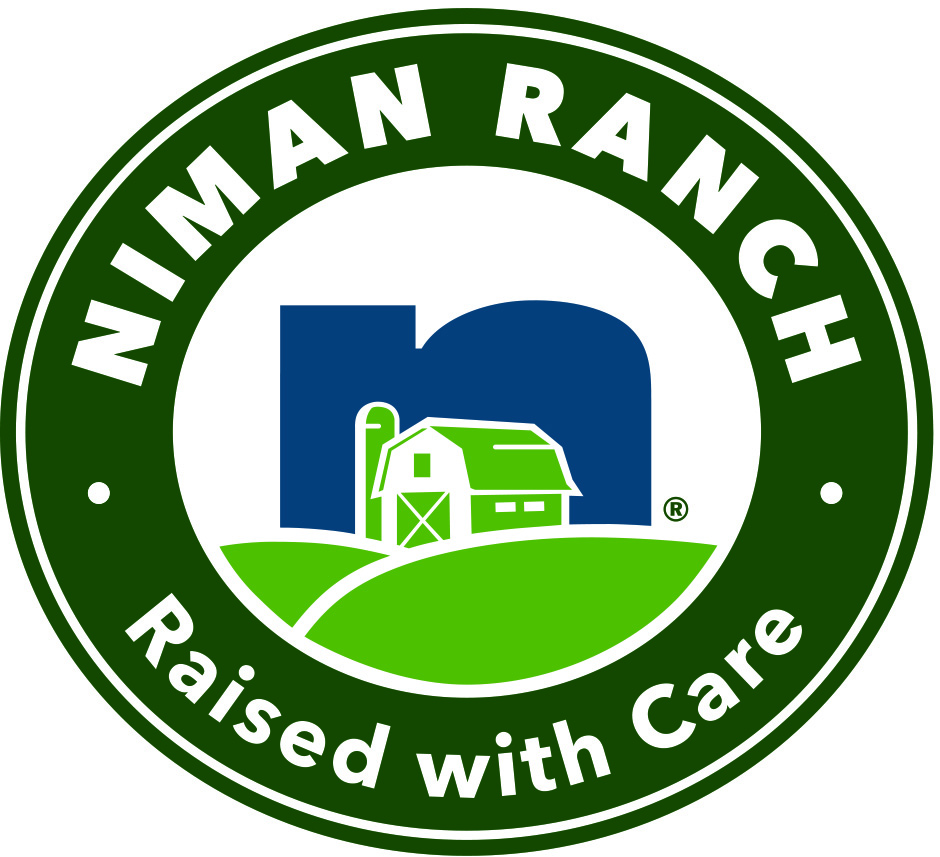
Niman Ranch
Niman Ranch started in the early 1970s on a family-owned cattle ranch in Bolinas, CA, a small coastal town just north of San Francisco. Today, our network includes more than 600 family farmers and ranchers throughout the country. Whether they’re raising hogs, cattle or lamb, they all share our commitment to raising livestock under strict protocols and the belief that humane and sustainable methods produce the best possible flavor.
Our many years in the industry have provided us with the expertise to produce great tasting meat, authentically and consciously, by caring for our animals, the land and our farmers. Our mission is earnest: We raise livestock traditionally, humanely and sustainably to produce the finest tasting meat in the world.
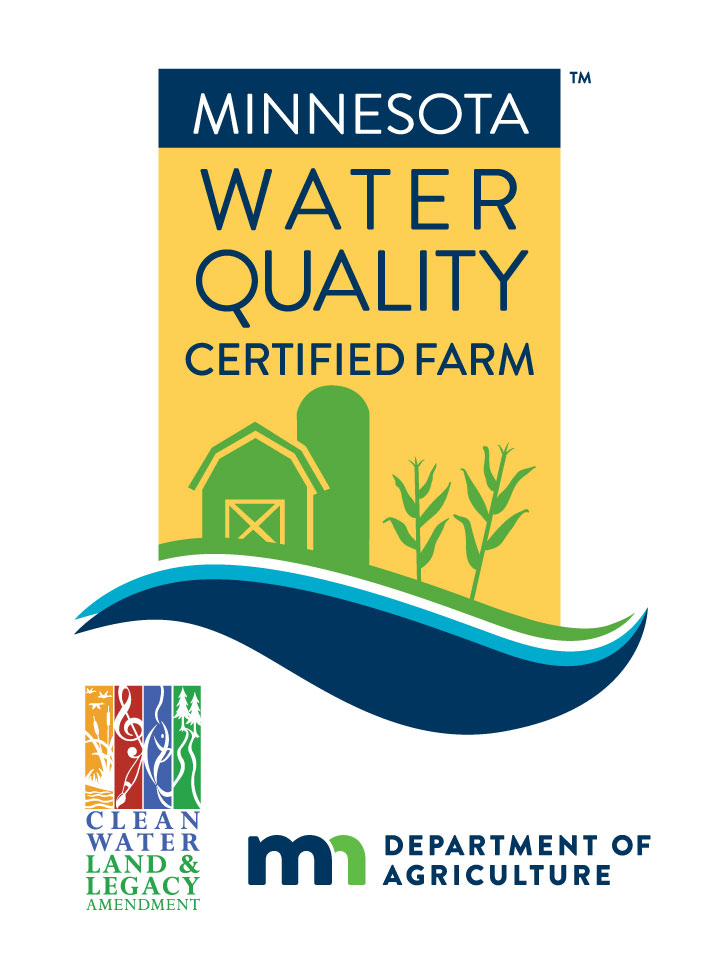
MN Ag Water Quality
The Minnesota Agricultural Water Quality Certification Program (MAWQCP) is a voluntary opportunity for farmers and agricultural landowners to take the lead in implementing conservation practices that protect our water. Those who implement and maintain approved farm management practices will be certified and in turn obtain regulatory certainty for a period of ten years.
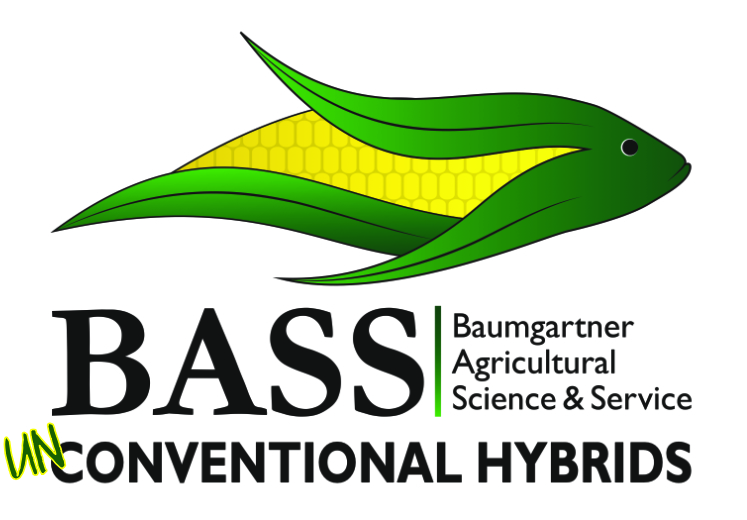
Bass Hybrids
We know farming, and we know corn. With over 75 years and 4 generations in the seed business and crop research, our family is qualified to work with farms big and small, young and old. Bass Hybrids understands the value of legacy information, legacy values, and the importance of moving the family business to the future for the next generation. Our focus is on farming, not chemistry. We are dedicated to helping farmers build resilience in their operations, not reliance.

Millborn Renovo Seed
Renovo Seed leads the seed industry as a visionary in positive land use solutions. We offer a robust seed lineup and an unmatched team of experts who design practical, tailored solutions to improve the resiliency of your land and business for generations to come. Backed by Millborn’s powerful supply chain and streamlined logistics, we strive to make your seed choices simple, and the ease of doing business even simpler. Renovo Seed services seed dealers, distributors, ag retailers, farmers, and ranchers nationwide. Our growing network of dealers are strategically positioned to provide local, hands-on support and easy access to our pre-built, proven to work seed mixes. There’s no land-use problem too big or small for our seed mavericks.

ADM
ADM's purpose is to unlock the power of nature, to enrich the quality of life. We're a global leader in human and animal nutrition and the world's premier agricultural origination and processing company. Our breadth, depth, insights, facilities and logistical expertise give us unparalleled capabilities to meet needs for food, beverages, health and wellness and more. From the seed of the idea to the outcome of the solution, we enrich the quality of life the world over.

Evangelical Environmental Network
The Evangelical Environmental Network (EEN) is a ministry that educates, inspires, and mobilizes Christians in their efforts to care for God's creation, to be faithful stewards of God's provision, to get involved in regions of the United States and the world impacted by pollution, and to advocate for actions and policies that honor God and protect the environment.
Founded in 1993 as a 501(c)3 non-profit organization, EEN's work is grounded in the Bible's teaching on the responsibility of God's people to "tend the garden" and in a desire to be faithful to Jesus Christ and follow Him. EEN publishes materials to equip and inspire individuals, families, and churches. EEN also seeks to educate and mobilize Christians to: 1) make a difference in their churches and communities; and 2) speak out on state, national, and international policies that affect our ability to care for God's Creation and protect life, ensure all God’s children and creation have a healthy environment to thrive in, and enable new opportunities to be public witnesses of Christ as His hands and feet in action and in truth.
Exhibitor

Frontier Precision Agriculture
Frontier Precision is an employee-owned company with over 37 years of experience serving survey, mapping, engineering, construction, GIS, drones/UAS/unmanned, forensics, law enforcement, forestry, water resources, agriculture, mosquito & vector control, and natural resources professionals throughout the United States. From one office in Bismarck, North Dakota in 1988, Frontier has grown to over 100+ employees in over 22 states, and is constantly growing and expanding to serve more customers in more areas.
Frontier Precision provides professional consulting services in the fields of engineering, land use planning, surveying, and environmental sciences. With Frontier Precision, you’re always assured of receiving the most innovative solutions along with the advice of expert professionals.

TerraClear

EnSoil Algae
Empowering farmers and land stewards in the effective and profitable implementation of a regenerative agriculture system. At Enlightened Soil Corp, we understand that your land and water are not just valuable resources but also a financial investment. Our goal is to help you protect it with good and responsible stewardship. We believe we can make the world a better place by connecting nature, science, community, and business. It is these values and their pursuit which led to the development of EnSoil Algae™, a liquid concentration of Chlorella vulgaris, as a viable alternative to synthetic chemical fertilizers. It enhances soil fertility which, in turn, leads to improved soil and plant health. Even better, EnSoil Algae™ is materially less expensive than synthetic-chemical fertilizers. There is something very satisfying about “Making a Profit While Making A Difference,” and when the “bigger difference” results in “higher profits,” the satisfaction and impact increase exponentially. To that purpose, Enlightened Soil Corp is committed to developing partnerships with individuals, businesses and organizations that share our vision of blending profit and higher purpose.

La Crosse Seed
La Crosse Seed has paired an unmatched portfolio of high quality forage, cover crop and turf seed with knowledgeable and experienced sales and support staff since 1919. We distribute premium seed and related products through dealers across the Midwest and beyond. La Crosse Seed has become a trusted industry leader by offering the best available products, service and support to create a complete, one stop solution for ag and turf retailers nationwide. We are proud to provide you the “seed you need, when you need it”. In addition to unmatched support and logistics, we partner with top breeders to continually deliver new and innovative seed solutions to maximize quality and profit potential.

Mountain View Ag
Mountain View Ag is Southern Minnesota’s trusted drone dealer, offering expertise across multiple leading brands. We provide sales, service, and support to help your operation take flight and achieve more with advanced drone technology.
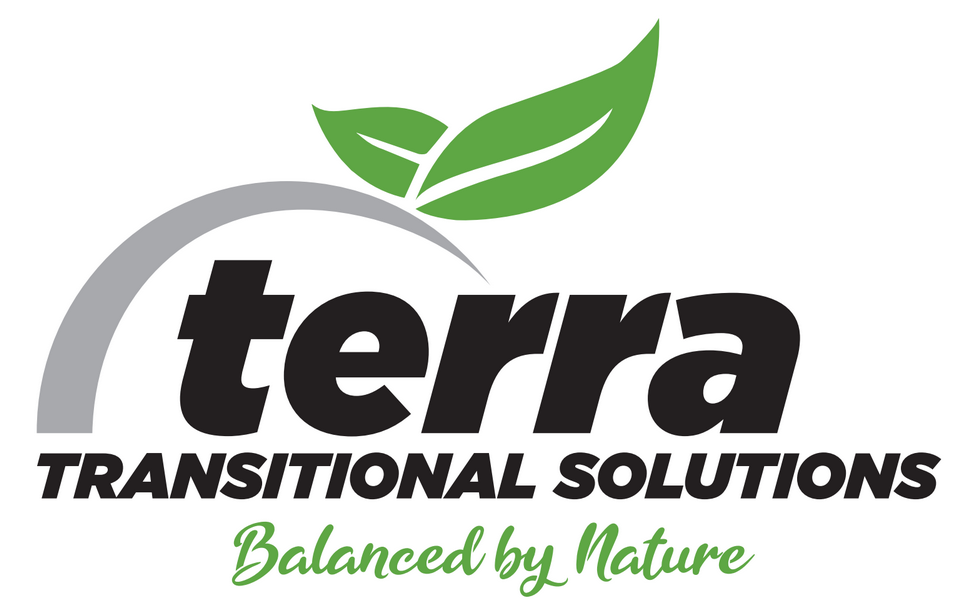
Terra Transitional Solutions
Terra Transitional Solutions provides innovative biological soil amendments designed to enhance soil health, strengthen crops and restore natural balance to agriculture and environmental systems. Our science-based non-chemical solutions help farmers and customers manage pests, diseases, water pollutants, and ammonia while promoting healthier lawns, gardens, and trees. We're dedicated to advancing sustainable growth and long-term soil vitality through nature-driven innovation.
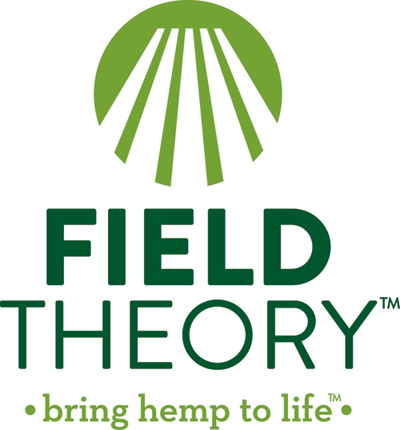
Field Theory Hemp Products
Field Theory™ is a foods company brand focused on Regenerative Agriculture, Upcycled Foods and flagship products containing Hemp. Founded in 2016 by John Strohfus, we are a wholly owned brand of Minnesota Hemp Farms, Inc. which is the largest USA Based Hemp Foods Company.
Our theory is simple: Make hemp the starting point of your diet and good things will follow. You will flourish, bringing a healthier, more amazing you to life. It’s our way of helping you thrive in your element. Field Theory™ currently offers hemp food and CBD products. We have exciting new innovations launching in early 2021 that include Certified Upcycled Foods.
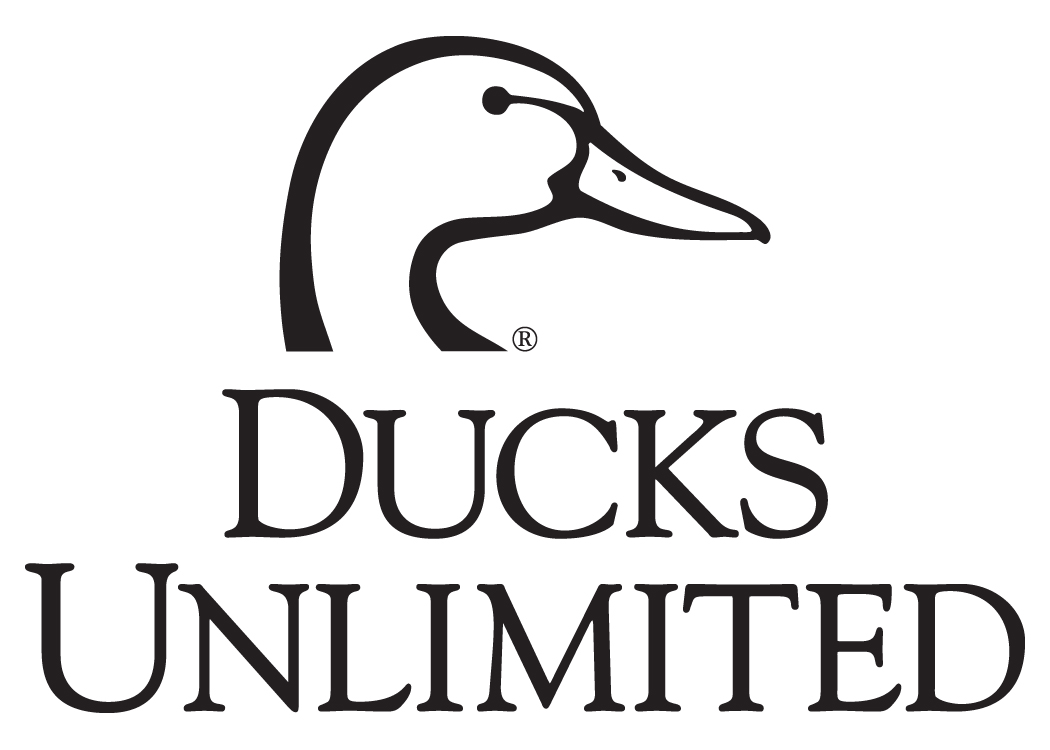
Ducks Unlimited
Ducks Unlimited conserves, restores, and manages wetlands and associated habitats for North America's waterfowl. These habitats also benefit other wildlife and people. Waterfowl conservation is facing important challenges as wetlands and other habitats are being degraded and destroyed across the continent. Ducks Unlimited has a vision to reverse this trend.

Profit Pro AG
At ProfitProAG, we focus on biology and Farming the Controllables to help farmers farm in harmony with Mother Nature. For more than 20 years, our holistic, Full-Circle System has been helping crop and livestock farmers get more from every acre, animal and gallon of manure.
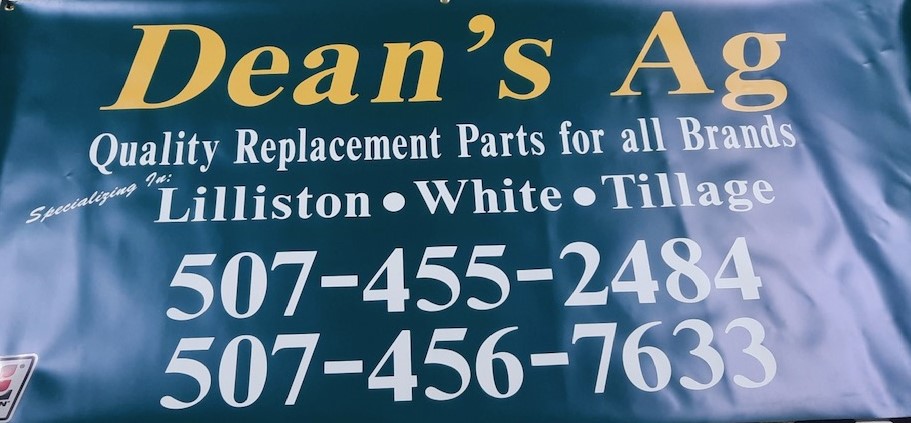
Dean's Ag
Dean's Ag is a farmer-owned implement dealer.

Albert Lea Seed
Albert Lea Seed House was founded in 1923 as a family-owned seed store offering field seed, garden seed, and fam supplies. Saturday nights were the big night for sales as famers and their families made their weekly shopping trek into town. Founder Lou Ehrhardt always sharply dressed up in shirt and tie and established a legacy of great customer service. Our current owners, Tom and Mac Ehrhardt, grandsons of Lou Ehrhardt, currently operate the Seed House where you can still call and talk directly with them. When is the last time you talked with the owner of a huge multi-national seed company? Our legacy of one-on-one customer service is still very important to us.
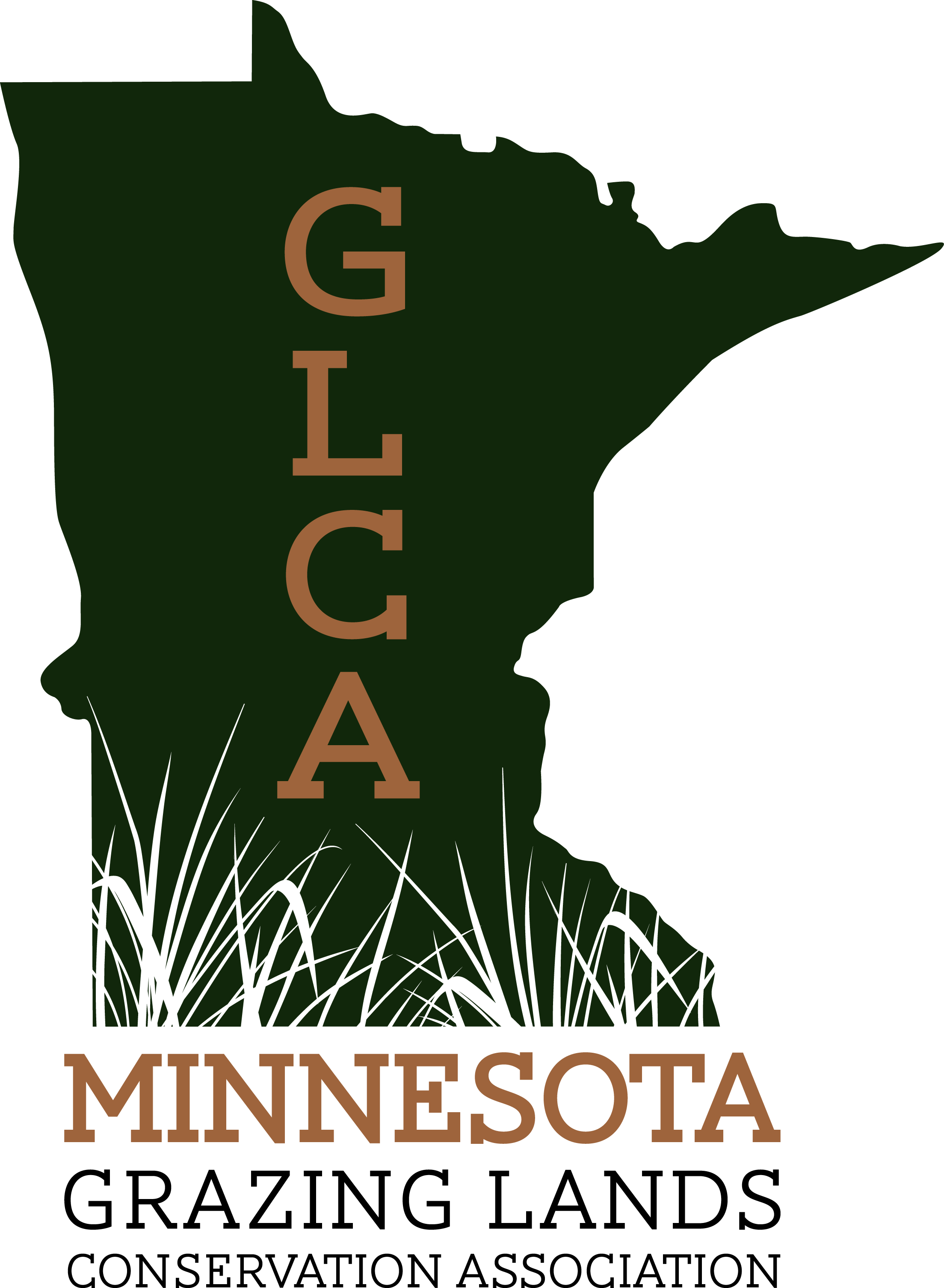
Minnesota Grazing Lands Conservation Association
The MN Grazing Land Conservation Association is a farmer led educational organization, built on the importance of teaching about grazing lands in Minnesota. Networking, educational opportunities, and mentorship are just some of the values of the MNGLCA. Membership in MNGLCA opens doors to learn about alternative practices, develop goals, and create success in your grazing land operation. With mentors across the state, the MNGLCA creates pathways to learn from local successful farmers, large and small scale farms, and best practices for grazing land operations. Given the appropriate tools and training, grassland managers and producers will be better prepared to make cost-effective and environmentally sound decisions. MNGLCA believes that through voluntary actions, respect for private property owners' rights, and education on the values & benefits of well managed grazing resources for livestock, these goals are achievable.

Saddle Butte Ag
Saddle Butte Ag, Inc is a family owned and operated forage & cover crop seed distribution company, established by Don and Maryanne Wirth. Located in the heart of the Willamette Valley – “Grass Seed Capital of the World”- Saddle Butte Ag, Inc markets a wide variety of both proprietary and common, forage & cover crop products to retail markets as well as national and international wholesale customers. With over 30 years of experience in production, processing, packaging, and shipping: our customers can be assured of the highest quality of seed possible.

Sentinel Ag
Founded by Jackson Stansell in September 2021, agronomists and farmers have deployed Sentinel since June 2022 to enhance nitrogen management in their operations. We started in fertigation and used what we learned to develop industry-leading technology for nitrogen management in all production systems. Data collected to date suggests that Sentinel has put $4.2 million back in farmers pockets and prevented 3 million pounds of Nitrogen from being unnecessarily applied. Sentinel is more than just a good story - it's a team on a mission. Learn about how we are enabling Agile Nitrogen Stewardship.

Minnesota Farmers Union
Minnesota Farmers Union works to protect and enhance the economic interests and quality of life of family farmers and ranchers and rural communities. MFU is a nonprofit membership-based organization. Membership is open to everyone.

Return Co
Our dad was a first–generation farmer, who was ‘sustainable’ before it was a hashtag. He called it common sense— If the soil’s alive, the food’s alive… That’s why we started Return®. We saw first–hand, the many benefits of sustainably growing healthy soil and plants. We saw room for improvement. And we knew others could benefit from it. So that’s our thing: helping to make healthy soil to grow healthy food and live healthy lives. As we grow, we continue to ask new questions and find new answers. We’ve found that while ‘sustainable’ is a great place to start, we believe that we must regenerate. That’s why we’re committed to regenerating our soil, our selves, and our Earth. And that commitment goes into every ingredient sourced, product created and operation needed to get to market.
Seedling

Green Cover
Green Cover sprouted in 2008, when brothers Keith and Brian Berns experimented with cover crops on their family farm. They observed and experienced how diverse cover crop mixes leverage the biological processes that God designed into creation and Green Cover was launched to make cover crop seed available to other farmers.
Today, Green Cover is still family owned and operated. We grow, clean, mix, and deliver cover crop seed directly to agricultural producers across the United States and Canada.
Our purpose is to help people regenerate, steward, and share God’s creation for future generations.

Compeer Financial
Compeer Financial is a member-owned, Farm Credit cooperative serving and supporting agriculture and rural communities. We provide loans, leases, risk management and other financial services throughout 144 counties in Illinois, Minnesota and Wisconsin. Based in the upper Midwest, Compeer Financial exists to champion the hopes and dreams of rural America.

The Land
The Land is a biweekly agriculture-rural life publication printed in Mankato, Minn., since 1976. It serves farmers, ranchers, rural residents and agribusinesses across the entire state of Minnesota and northern Iowa.
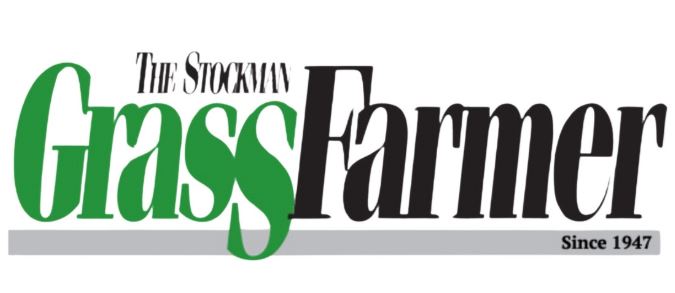
The Stockman Grass Farmer
Since 1947, The Stockman Grass Farmer has been committed to the art and science of achieving profitability through grassland agriculture. Catering to those who see their ranches and farms as a livelihood, we are the premier magazine exclusively focused on Management-Intensive Grazing in North America. Covering topics like natural grassfed and finished beef, pasture-based dairying, grassfed lamb, pastured poultry, and pork, we stand at the forefront of grazing publications.
Our mission is to provide the latest information on high-profit grassland farming practices globally. Each month, we showcase successful grassland farmers and ranchers, emphasizing the need for financial sustainability over the next decade.Unique to us is the in-depth coverage of marketing, budgeting, and financial analysis—a consistently popular aspect for our readers.
At its core, this agricultural revolution recognizes that we are not just in the animal production business; we are, fundamentally, in the business of cultivating and managing grass!

Clean River Partners
Clean River Partners is a membership organization that has worked for over 30 years to protect our waterways, particularly the Cannon River watershed in southeast Minnesota. The core of our approach is bringing together partners with diverse responsibilities, interests, and backgrounds to co-create a resilient watershed. We connect people to clean water through inspiring events, conservation practices, and network building.
Keynote Speakers

Joe Ailts
An independent crop consultant/agronomist and owner of Ailts Agronomy where he serves farmers in NW WI. Prior to starting his own business, he worked as a field agronomist for Pioneer Seed for 8 years. He is a WI Certified Crop Advisor with the Sustainability specialty certification. Driven by a combination of a green thumb, insatiable curiosity, and a competitive spirit, he researches and implements soil health and regenerative agriculture practices on the farms he consults for. Joe, his wife Ilisa, and 4 boys live on a 3 acre hobby farm in Deer Park, WI where they grow pumpkins, sweet corn, cover crops, and soil.

Amy Kramer
Amy Kramer is a trusted Crop and Livestock Insurance Officer with 18 years of experience in the crop insurance industry, currently serving producers across Minnesota through her role at Compeer Financial. Her career started working at a crop insurance provider, where she served as both underwriter and underwriting supervisor. During this time, she gained deep expertise in policy structure, program compliance, and claims processes. Amy now works with a wide range of farm operations—including grain producers, specialty crop growers, livestock owners, and dairy farmers. She’s known for her precision, clear communication, and commitment to helping clients understand their coverage, avoid gaps, and make confident decisions about protecting their operation. Amy also served on the East Central Corn Growers board for over 12 years, including as Secretary and Treasurer. Amy grew up on a small family dairy farm in St. Joseph, MN, where she learned the value of hard work and developed a lifelong respect for agriculture.

Kris Nichols
Dr. Kris Nichols is a leader in the movement to regenerate soils for healthy food, people and a planet. She is currently the founder and principle scientist of KRIS (Knowledge for Regeneration and Innovation in Soils) Systems Education & Consultation and a sub-contractor with Soil Health Consulting, Inc. Her current focus is to address current and future agricultural needs by exploring the similarities between the soil and gut microbomes by looking at the carbon key. Kris builds upon a soil health foundation to identify biological methods for agricultural production and tools and practices to reduce pest issues, soil erosion, fossil fuel use, and greenhouse gas emissions. These systems are resilient and adapt to climatic uncertainty by increasing nutrient and water use efficiencies; improving pollinator activity and food security; and providing long-term solutions to agricultural economic viability, food insecurity, and the loss of ecosystem services. Kris continues to develop and evolve methodology and tools farmers, home-owners, and students may use to examine and appreciate their soil. Throughout her career, Kris has given over 250 invited presentations to a wide variety of audiences, authored or co-authored more than 25 peer-reviewed publications, been cited or interviewed for more than 50 magazine or newspaper articles, highlighted in five books, and has numerous videos on-line.
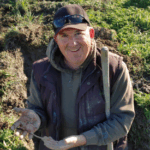
Blake Vince
Blake is a fifth generation farmer from Merlin, Ontario, Canada. Working with his father Elwin, they produce commercial corn, soybeans and winter wheat, cover crop for seed on approximately 1,200 acres. Their farm management practices are centered on soil health. The Vinces are considered to be no-till pioneers in their corner of Canada. They adapted to no-till farming techniques in the early 1980s. This was prior to John Deere entering the no-till marketplace with their single disk opener. Blake is a 2013 Canadian Nuffeld Scholar.
Breakout Speakers

Carolyn King
Carolyn King is the Vice President of Operations at Continuum Ag. Having joined the team in January 2021 as an Operations Agronomist, Carolyn has played a pivotal role in the development and delivery of Continuum Ag’s products, including RightWay, Regen Roadmap, and CI Certification. Over time, she has risen to the position of VP of Operations, where she effectively manages the team responsible for delivering these innovative products. Carolyn’s academic journey includes earning a bachelor’s degree in Agronomy from Iowa State in 2018, followed by a Master’s in Agronomy from the same institution in 2023. Her early career saw her as a Research and Field Agronomist for a seed company before making the transition to Continuum. Rooted in agriculture, Carolyn remains actively involved in her family’s farming operation in Western Illinois. Her grandfather, an early adopter of no-till and cover crops in the region, influenced her commitment to sustainable farming practices. Currently residing in Keota, IA, Carolyn brings a wealth of experience and a deep connection to agriculture to her role at Continuum Ag.

Pete Kramer
Pete Kramer farms near Gibbon, MN in western Sibley County. His journey with soil health started with implementing fertilizer efficiencies through banding with strip-till in 2004. Since that beginning, he added multi-species cover crops behind the combine after small grain harvest in 2006 and started no-tilling soybeans in 2013. Now every acre has cover crops planted since the fall of 2018. He and his wife Linda were selected as Sibley County Soil Conservationist of the Year in 2012.
Pete works with many farmers as an independent crop advisor with C. B. Agronomics. Helping farmers willing to learn about cover crops and soil health principles is an enjoyable part of his job. He is currently the president of the Minnesota Independent Crop Consultants Association.

Brady Blasher
Brady Blasher is the NW Grazing Specialist for Pheasants Forever in Minnesota. His position is a partnership with the Natural Resources Conservation Service to provide technical assistance and outreach that promotes grazing management on private lands. Brady has been with Pheasants Forever for 4 years and before that he worked on several cow-calf ranches in South Dakota and Nebraska. His main goal is to provide grazing management assistance on private and public lands to improve all aspects of livestock production and improve wildlife habitats.
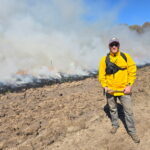
Tyler Carlson
For the past 15 years Tyler has been integrating the principles of agroforestry, regenerative grazing, and ecological restoration on his family ranch in central MN. His off-farm work aims to build local, community-based networks of farmers, ranchers, and landowners to cooperatively address some of the many challenges that landowners face today. He believes that through an understanding of natural ecosystem processes and dynamics, we can better inform our farming and ranching systems to build more profitable, resilient enterprises that yield critical ecological outcomes.
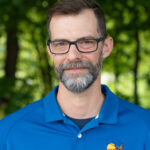
Jason Andersen

Luke Peterson
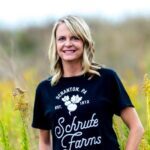
Liz Haney
Liz Haney is a soil and ecosystem scientist with experience in soil testing and analyses, carbon and conservation practice modeling, and is the co-developer of the Haney soil health test. Liz’s purpose, drive and passion are helping to improve producer profitability, environmental sustainability, and human health through regenerative practices and soil health. Liz loves nothing more than creating community and is skilled at coordinating and conducting educational events, workshops and conferences bringing together today’s leading innovators in regenerative agriculture.
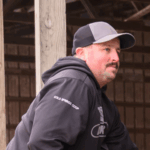
Alex Udermann

Jerry Ackermann

Tim Hendrickson
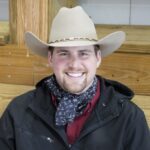
Brady Wulf
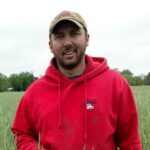
Jon Jovaag

Minnesota Leopold Conservation Award
We will be announcing the 2025 Minnesota Leopold Conservation Award winners!
Four finalists have been selected for the 2025 Minnesota Leopold Conservation Award®.
The award honors farmers and forestland owners who go above and beyond in their management of soil health, water quality and wildlife habitat on working land.

Named in honor of renowned conservationist Aldo Leopold, this award recognizes landowners who inspire others with their dedication to environmental improvement. In his influential 1949 book, A Sand County Almanac, Leopold advocated for “a land ethic,” an ethical relationship between people and the land they own and manage.
Sand County Foundation and national sponsor American Farmland Trust present Leopold Conservation Awards to private landowners in 28 states. In Minnesota, the $10,000 award is presented with state partners: Minnesota Soil Health Coalition and Soil Regen.
The finalists are:
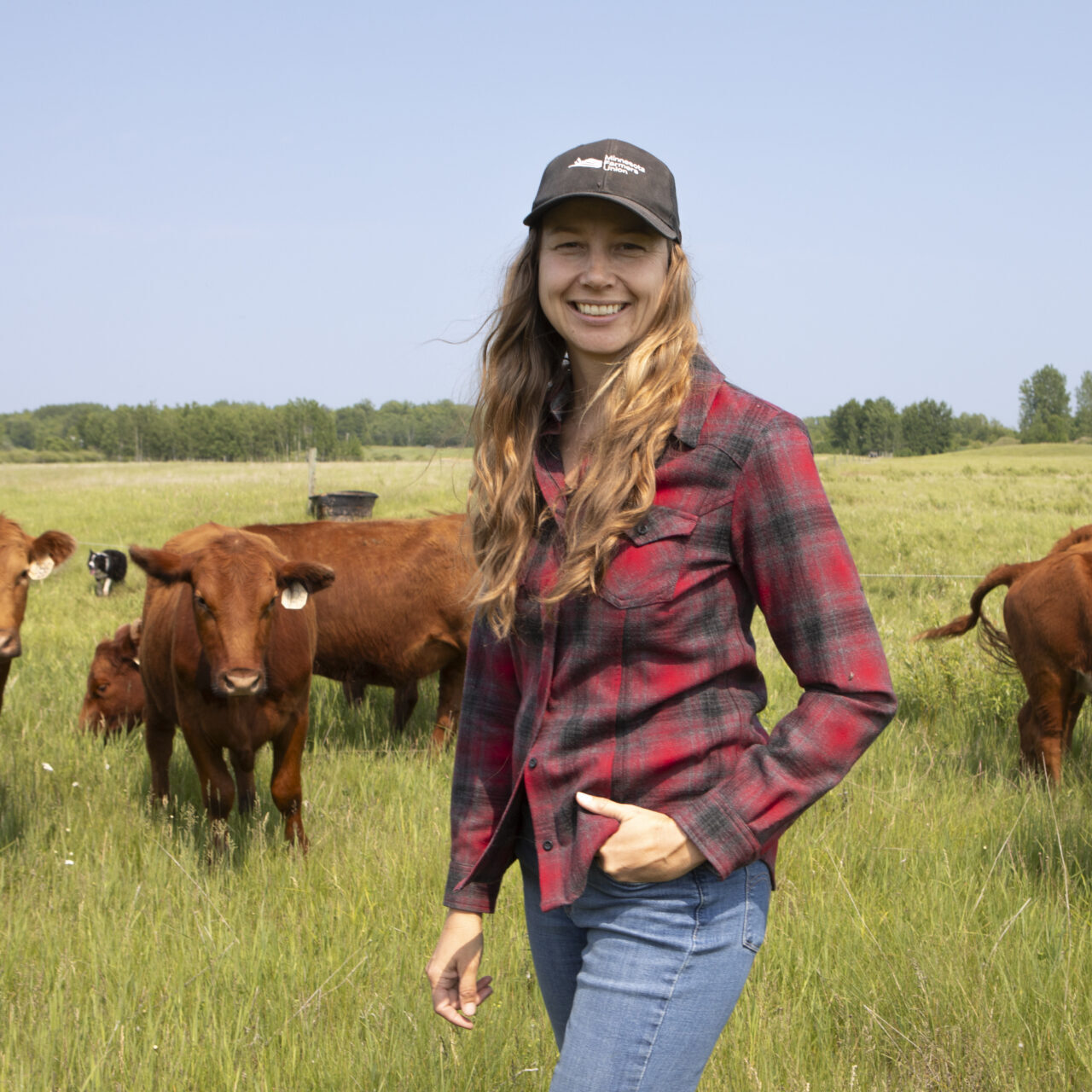
Hannah Bernhardt
of Finlayson in Pine County
At Medicine Creek Farm, Hannah Bernhardt uses a rotational grazing system to raise beef cattle. The rotation is adjusted annually to promote biodiversity above and below the ground. By improving the soil’s health and capacity to hold water, the farm is more resilient to drought and excess waterfall. Hannah installed two ditch crossings for livestock to protect the Medicine Creek, which is in the St. Croix River watershed. Portable solar arrays power most of the fencing used for the farm’s grazing paddocks.

Didrikson Farms
of Badger in Roseau County
Dana, Michelle, Thor and Kelsey Didrikson rotationally graze yearling beef cattle. By carefully managing the grazing patterns of their cattle, they have improved soil health, reduced erosion, and promoted the growth of native vegetation that benefits livestock and wildlife. They have improved seeded native grasses on 160 acres of pasture. They utilized a Conservation Stewardship Program contract to grow 80 acres of perennial wildflowers to support butterflies and beneficial pollinators.
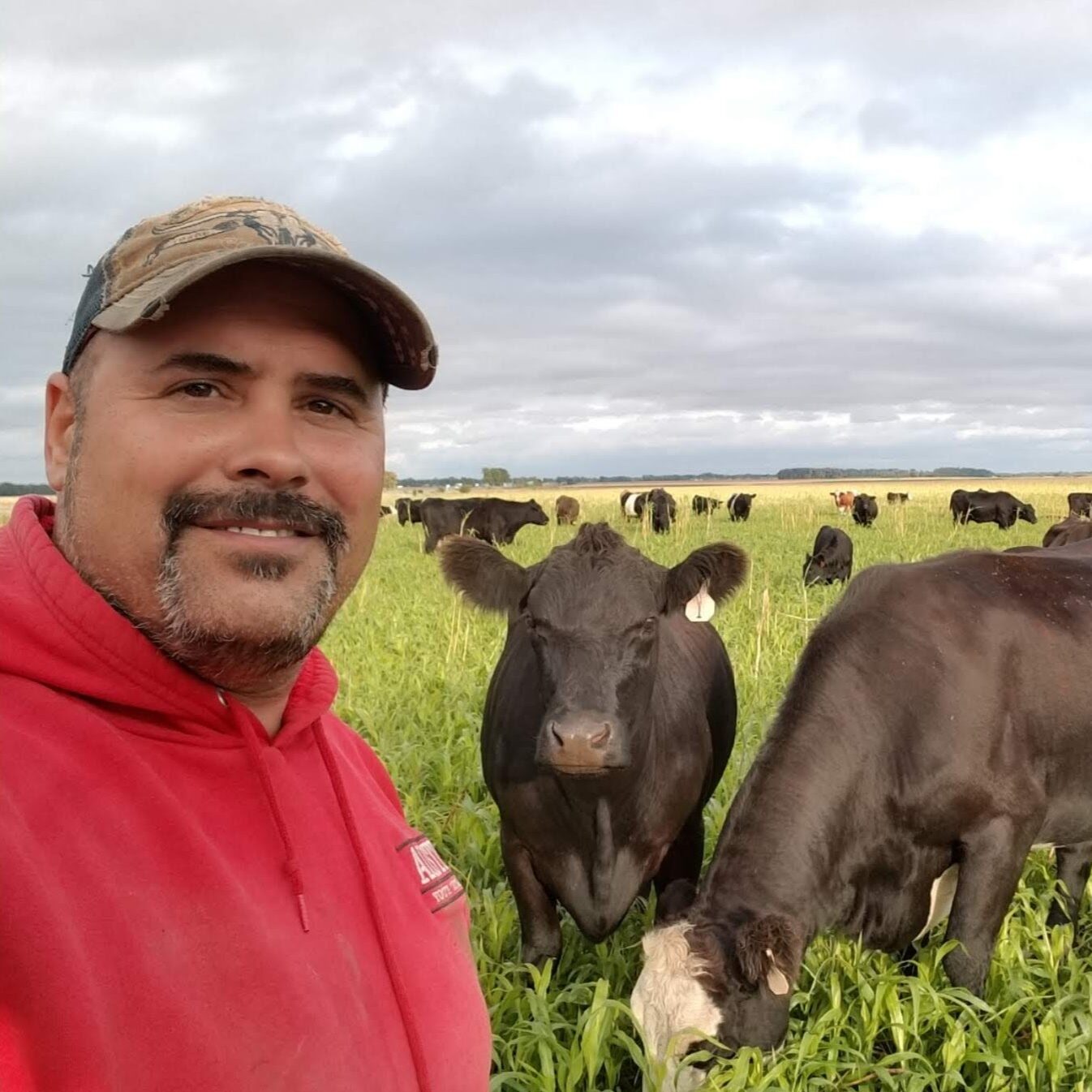
Tom Cotter
of Austin in Mower County
The combination of reduced tillage, cover crops, and livestock grazing have led to a dramatic improvement to soil health at Cotter Farms. In 2016 it became the first in Mower County to be certified as a Clean Water Farm. Tom grows a multi-species mix of cover crops to protect the soils of his corn, soybean, sweet corn, green pea, alfalfa, sunflower, hemp, and oat fields. Every acre of cover crops is grazed by his grass-fed beef cattle. Tom is a Minnesota Soil Health Coalition Mentor and actively promotes to soil health to other farmers at state and national events.
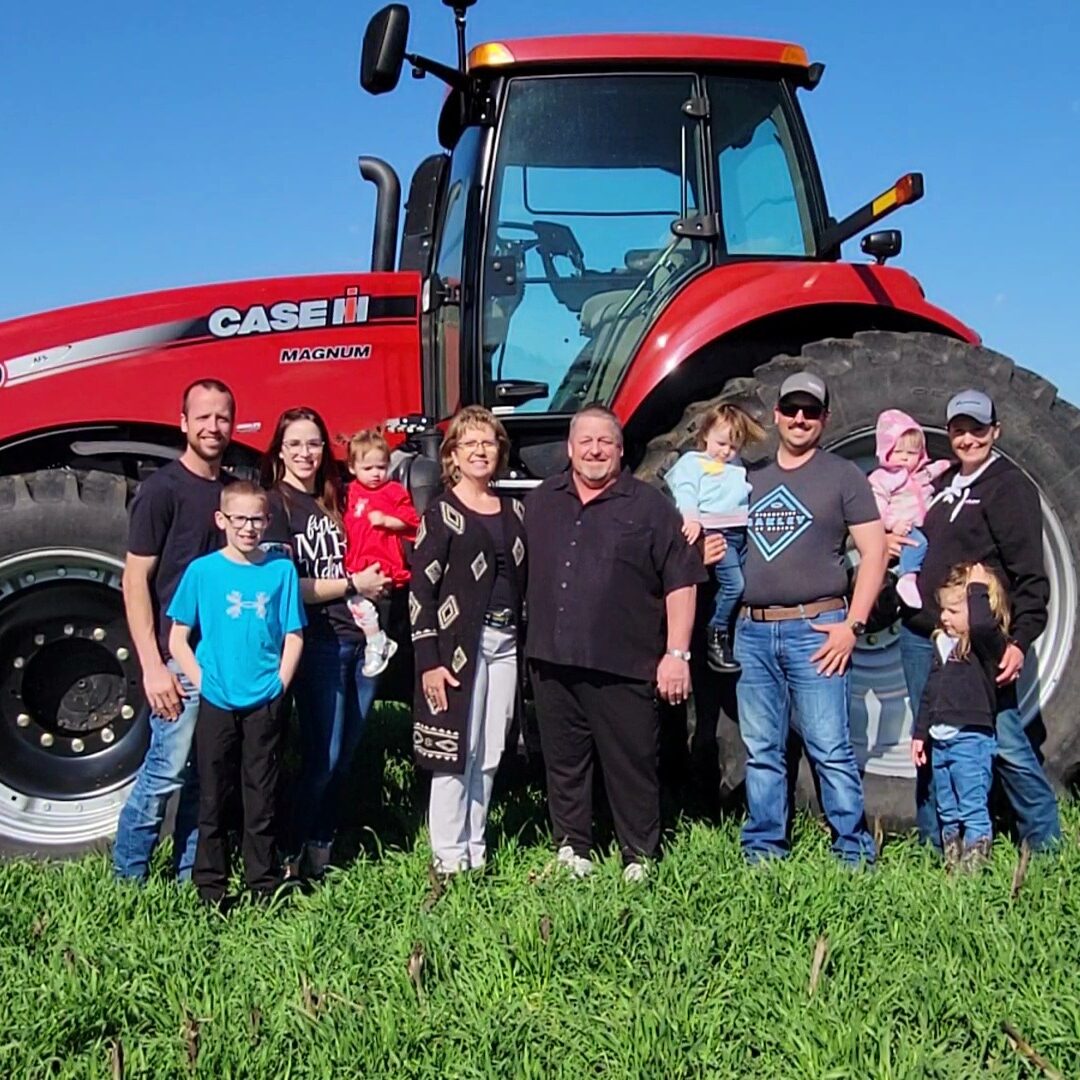
Meadowbrook Dairy
of Sartell in Stearns County
John, Mary Lou, Alex, Krissy, and Jake Udermann practice no-till and grow cover crops to minimize soil erosion, enhance biodiversity, and improve soil’s fertility and organic matter. Buffer strips along streams and ditches have been expanded to 50 feet to collect runoff from crop fields. About 100 acres of wetlands have been restored by seeding native grasses and wildflowers, which enhances pollinator and wildlife habitat. Meadowbrook Dairy hosts research projects and conservation outreach events.
Minnesota landowners were encouraged to apply, or be nominated, for the award. An independent panel of Minnesota agricultural and conservation leaders reviewed the applications. The award recipient will be recognized at The Premier Soil Health in December.
The recipients of the inaugural Minnesota Leopold Conservation Award last year were farmers Dawn and Grant Breitkreutz of Redwood Falls.
The Leopold Conservation Award in Minnesota is made possible thanks to the generous support of American Farmland Trust, Minnesota Soil Health Coalition, Soil Regen, General Mills, USDA Natural Resources Conservation Service of Minnesota, Minnesota Soybean Research & Promotion Council, Audubon Minnesota, Compeer Financial, Minnesota Corn, Minnesota Farm Bureau, Minnesota Farm Bureau Foundation, Minnesota Farmers Union, Minnesota State Cattlemen’s Association, Minnesota Wheat Research & Promotion Council, Pheasants Forever in Minnesota, Renovo Seed, Saddle Butte Ag Inc., and The Nature Conservancy in Minnesota.
“Soil Regen is proud to be a part of the Minnesota Leopold Conservation Award as we honor and celebrate great stewards of the land who are leading the way in conservation and regenerative agriculture,” said Liz Haney of Soil Regen.
“The work these finalists are doing to grow healthy, nutrient dense food through practices that lead to clean water, nutrient cycling and reduced emissions in Minnesota is nothing short of amazing. These finalists are true leaders in the future of agriculture,” said Mark Gutierrez, Minnesota Soil Health Coalition Executive Director.
“The Minnesota Leopold Conservation Award contenders are a testament to the strong conservation ethic of Minnesota farmers and ranchers. These operations are good examples of innovation within the sustainable agricultural world and set a great example for all of us,” said Troy Daniell, State Conservationist for Minnesota NRCC.
“These award finalists are examples of how Aldo Leopold’s land ethic is alive and well today,” said Kevin McAleese, Sand County Foundation President and CEO. “Their dedication to conservation is both an inspiration to their peers as well as a reminder to all how important thoughtful agriculture is to clean water, healthy soil, and wildlife habitat.”
“As the national sponsor for Sand County Foundation’s Leopold Conservation Award, American Farmland Trust celebrates the hard work and dedication of the award recipients,” said John Piotti, AFT President and CEO. “At AFT we believe that exemplary conservation involves the land itself, the practices employed on the land, and the people who steward it. This award recognizes the integral role of all three.”
For more information, visit www.leopoldconservationaward.org.
Source: Sand County Foundation
